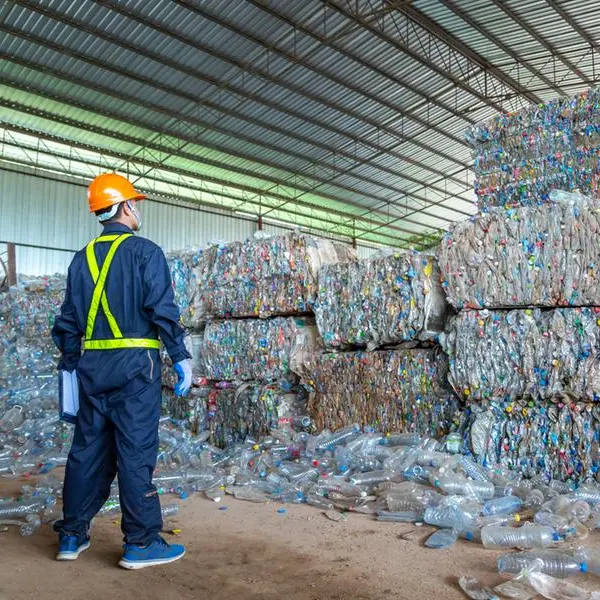Used wisely, AI rekindles the Promethean spark, not to burn, but to illuminate the dark corridors of our shared past and guide us towards paths once unseen.
With the rise of intelligent algorithms capable of generating language and imagery in ways that mirror the human mind, a new realm of historical imagination has emerged, what can be called the "galaxy of historical possibilities". This domain of counterfactual history asks: what if events had unfolded differently? What if Julius Caesar had not been assassinated, or the Arabs had triumphed at pivotal battles? Such questions, once confined to speculative philosophy, have gained new legitimacy through artificial intelligence (AI) and its simulation capabilities.
AI, powered by deep learning and neural networks, can now be trained on massive datasets of historical, economic and demographic information. It can simulate countless alternate realities, tracking how a single altered event might cascade through time like a domino effect. These simulations do not recreate history as it was, but they revive possible histories grounded in plausible models and precise probabilities. While traditional historians rely on artefacts, documents and testimonies, AI adds a fourth dimension: the "simulated probability", a causality-based narrative framework that allows a tweak in one event to reveal systemic historical shifts.
Used wisely, AI rekindles the Promethean spark, not to burn, but to illuminate the dark corridors of our shared past and guide us towards paths once unseen.
Sceptics may argue this overstates AI’s power. Indeed, AI does not possess conscious knowledge of the past; it merely generates outcomes from patterns. However, its value lies in offering a hypothetical mirror, an imaginative yet logical contrast to actual history, revealing how contingent the course of human events truly is.
This approach reshapes how societies perceive history in three ways. First, it breaks the illusion of historical determinism, revealing that major outcomes are not inevitable but the result of human choices. This awakens political agency, showing individuals that the present is not a dead end but an open frontier. Second, it empowers historically marginalised peoples. For nations colonised or erased from dominant narratives, counterfactual simulations provide moral consolation and restore symbolic justice. It’s not about rewriting history but imagining the dignity that was denied. Third, in political science, these simulated models become testing grounds for policy, revealing dangers or opportunities before real-world decisions are made.
Such developments provoke a profound question: what is history? Is it a sequence of necessary outcomes dictated by natural and economic systems? Or is it a dance of probabilities around human decisions? AI cannot fully answer this, but it radically expands our perception. It allows us to envision history as a topological field of overlapping timelines, not a straight line. This view aligns with both philosophical critiques of linear progress and quantum physics’ interpretation of reality as a wave function collapsing into one observable event. In this frame, parallel histories become a scientifically plausible concept.
However, access to “alternative histories” is not always neutral. Governments or corporations may misuse such simulations to construct persuasive, pseudo-scientific propaganda. By manipulating data inputs or assumptions, they can present a desired narrative as the "most likely" future, shaping public opinion through visually and linguistically compelling stories. This creates a risk that AI becomes not a tool for knowledge, but a factory of illusions. Ethical protocols must be established, requiring transparency in data, clarity about assumptions and openness to peer review, to prevent such misuse.
Ultimately, humanity has given AI the unprecedented ability to dissect and recompose time. Not to escape the past, but to reinterpret it. Counterfactual simulations are more than narrative play, they are intellectual tools that reposition humans at the centre of historical agency. If, as philosopher Edmund Husserl said, philosophy is “the science of absolute beginnings”, then AI may be the technological key to rethinking history not as a record of what was, but as a spectrum of what could have been and what may yet still be.
By transforming imaginative simulation into a mental laboratory, AI enhances our capacity to ask deeper questions, exercise creative freedom and prepare future generations to envision less tragic, more just futures. Used wisely, AI rekindles the Promethean spark, not to burn, but to illuminate the dark corridors of our shared past and guide us towards paths once unseen.
2022 © All right reserved for Oman Establishment for Press, Publication and Advertising (OEPPA) Provided by SyndiGate Media Inc. (Syndigate.info).




















